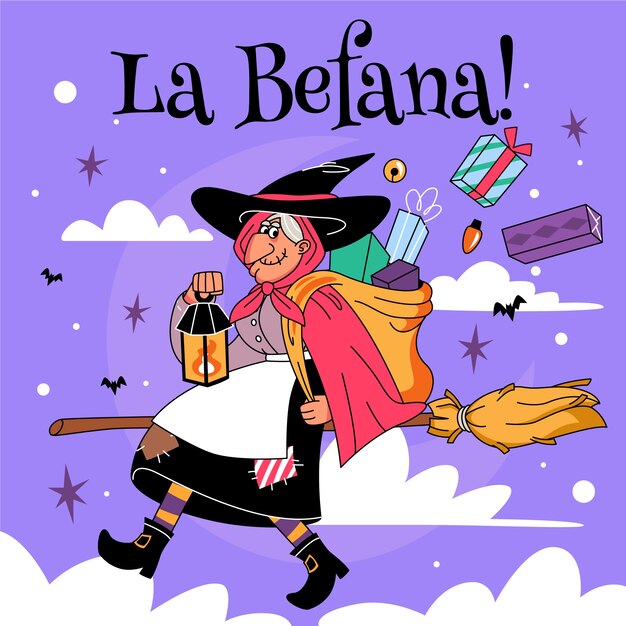Interesting Facts About El Salvador

El Salvador is the smallest country in Central America.
Pupusas, a popular traditional dish in El Salvador, are handmade corn tortillas stuffed with various fillings.
El Salvador is known as the Land of Volcanoes as it is home to 23 volcanoes, including the Santa Ana Volcano, which is the country’s tallest.
The currency of El Salvador is the US dollar, making it the only country in Central America to use USD as its official currency.
The Mayan ruins of Tazumal in El Salvador date back over 1,500 years and offer a glimpse into the country’s ancient history.
El Salvador is famous for its coffee production, with high-quality beans grown in volcanic soil.
The national flower of El Salvador is the Izote flower, which is a type of yucca.
El Salvador has a rich surfing culture and is known for having some of the best waves in the world.
The country has beautiful black sand beaches, such as El Tunco and El Cuco.
El Salvador has a tropical climate, with warm temperatures year-round.
The national bird of El Salvador is the Torogoz, also known as the turquoise-browed motmot.
El Salvador has a rich cultural heritage, with influences from indigenous peoples, Spanish colonizers, and African heritage.
El Salvador has one of the highest homicide rates in the world, mainly due to gang-related violence.
El Salvador celebrates its independence day on September 15th.
The national dish of El Salvador is the Pupusa, and it is recognized as an intangible cultural heritage by UNESCO.
Interesting Facts About El Salvador part 2
El Salvador is home to beautiful waterfalls, such as the Chorros de la Calera and Los Tercios.
The country has several natural reserves, including El Imposible National Park, where you can spot unique wildlife.
El Salvador has a rich tradition of arts and crafts, with intricate woodwork and pottery being prominent.
The official language of El Salvador is Spanish.
El Salvador is famous for its traditional folkloric dance, called the Danza de los Xuchiles.
The National Civilian Police Museum in San Salvador showcases the history of law enforcement in El Salvador.
El Salvador has a vibrant music scene, with genres such as cumbia, salsa, and reggaeton being popular.
El Salvador is known for its vibrant murals, which can be seen throughout the country, showcasing political and social messages.
The country has a diverse ecosystem, with mangrove forests, cloud forests, and tropical rainforests.
El Salvador is home to the largest lake in Central America, Lake Ilopango, formed by a volcanic crater.
The country has a unique tradition called La Bajada, where people descend down hills on handmade wooden sleds.
El Salvador has a strong passion for soccer, and it is the most popular sport in the country.
The longest and most recognized river in El Salvador is the Lempa River, providing water for agriculture and electricity generation.
The country is famous for its vibrant ceramics, with many artisans specializing in creating beautiful pottery.
El Salvador has diverse eco-tourism opportunities, including volcano hikes, waterfall rappelling, and exploring Mayan ruins.
The Izalco volcano in El Salvador was known as the lighthouse of the Pacific due to its frequent and highly visible eruptions.
El Salvador has a significant population of sea turtles, with several conservation projects dedicated to protecting their nests and habitats.
The country has a wide range of traditional crafts, including hammocks, woven baskets, and handmade jewelry.
Panchimalco, a town near San Salvador, is famous for its vibrant murals depicting scenes from El Salvador’s history and culture.
El Salvador is known for its delicious street food, including yuca frita (fried yucca), tamales, and ceviche.
The Chaparrastique volcano, also known as the San Miguel volcano, is one of the most active volcanoes in El Salvador.
The country has a rich tradition of storytelling, with folk tales and legends passed down through generations.
El Salvador is home to several species of monkeys, including the black-handed spider monkey and the Central American squirrel monkey.
The country has a strong coffee café culture, with charming coffee shops found in every corner.
El Salvador’s coastline on the Pacific Ocean offers opportunities for activities such as fishing, sailing, and whale watching.
El Salvador’s flag consists of three blue stripes representing the country’s two oceans and the clear sky, and a white stripe symbolizing peace.
The country has a vast network of underground caves, many of which are yet to be fully explored.
Romero Park in San Salvador is dedicated to the memory of Archbishop Óscar Romero, a prominent human rights activist.
The country has a significant number of hot springs, where visitors can relax in mineral-rich thermal waters.
El Salvador has a rich literary tradition, with several renowned authors, such as Roque Dalton, Claribel Alegría, and Manlio Argueta.

